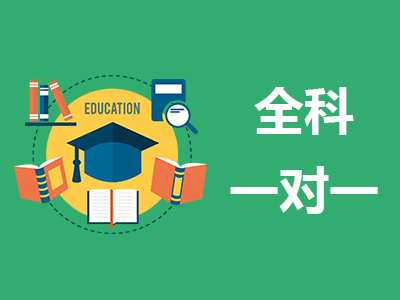连接词是英语中的一个重要组成部分,它们连接英语的句子和段落,使文章流畅自然,使英语句子与句子之间,段落与段落之间的关系一目了然。英语中连接词分为两大类:连词性连接词(即连词)和副词性连接词。
连词用来连接词与词、短语与短语或句子与句子。连词不能单独作句子成分,也没有词形变化。连词分为并列连词和从属连词两种。
(一)并列连词
并列连词用来连接句子中担任相同成分的词、短语或分句。常见的有七个单词和四个短语:and, but, or, for(因为), nor, so, yet; both…and…, not only….but also…., either…or…., neither…nor
1. and用来连接词、短语或分句,表示并列或对称关系:
The man put on his coat and hat, and went out of the office. 那个人穿上外衣、戴上帽子,走出了办公室。
A car and a dictionary are both useful. 汽车和字典都有用处。
I went home and John stayed there. 我回家了,而约翰呆在那里。
2. but连接两个含义不同甚至相反的词、短语或分句,表示转折:
Not everybody is honest and hardworking, but Tom is. 并非每个人都跟汤姆一样诚实肯干。
We tried to persuade her to do it but failed. 我们尝试去说服她,但没有成功。
3. or表示两者居其一,表示选择:
Which VCD player is better, this one or that one? 哪个VCD更好,这个还是那个?
Are you hungry or not? 你饿了没有?
4 .for(因为)只能放在表示结过的分句后面,引导表示原因的分句:
I must be going, for it’s getting dark. 我必须走了,因为天黑了。
He didn’t go there, for he was ill. 他没到那儿去,因为他病了。
5. both…and…只能用来连接两个并列的词或短语,不能连接句子:
His plan is both easy and practical. 他的计划既容易又实用。
Zhang Yimou is a famous director both at home and abroad. 张艺谋是一位在国内外都著名的导演。
Both this plane and its engines are made in China. 这架飞机的机身和发动机都是中国制造的。
6. not only…but also…不但能连接词和短语,而且还能连接分句,also 有时省略(注意not only 位于句首时,主语和谓语需要倒装):
He is not only an actor but also a writer. 他不仅是演员,而且是作家。
He not only read it but also remembered what he had read. 他不但读过,而且记住了所有读过的东西。
Not only did he say it but (also) he did it. 他不但说了,而且做了。(倒装)
Not only do the nurses want a pay rise, but also they want reduced hours. 护士们不但要求加工资,而且还要求缩短工时。(倒装)
7. either…or…表示选择,“或者…或者…”、“不是….就是…”的意思(注意either…or…整个结构作主语时句子中的动词通常要和邻近的主语相一致):
Either you are wrong, or I am. 不是你错了,就是我错了。
Either you or he is going to get the job. 不是你就是他将获得这份工作。
Can I borrow either your car or your bike? 我可以借用你的汽车或者自行车吗?
If you’re late, you should make an apology to the host either immediately or later. 如果迟到了,你应该立即或事后向主人道歉。
8. neither…nor…表示“既不….又不…”的意思(注意neither…nor…整个结构作主语时,句子中的谓语动词通常要和邻近的主语一致):
Neither the students nor I am ready yet. 学生们和我都还没有准备好。
He worked neither for fame nor for money. 他干工作既不图名又不图利。
The girl could neither speak nor write the language. 这个女孩既不会说也不会写那种语言。
9. so(因此),引导表示结过的分句,原因分句在前(与for相反):
It’s getting dark, so I must be going. 天黑了,因此我得走了。
I had a headache, so I went to bed early last night. 我头痛,于是昨晚很早就睡了。
10. yet (然而),有时和and 一起用,表示吃惊、表示转折,相当于but at the same time, however, nevertheless:
She’s a funny girl, yet you can’t help liking her. 她是个疯疯癫癫的女孩,然而你却禁不住喜欢她。
He worked hard, yet he failed. 他很努力,然而却失败了。
It’s strange, yet it’s true. 这事有点怪,却是真的。
It is only a little shop and yet it always has such lovely decorations. 那只是个小店,却总是有漂亮的装饰。


























